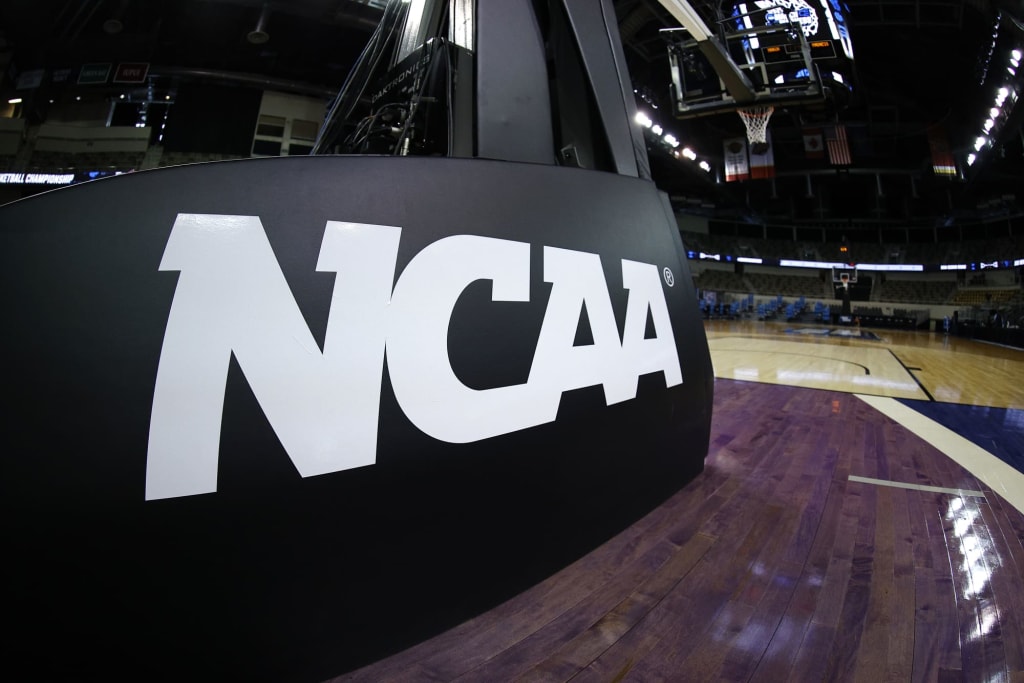The National Collegiate Athletic Association (NCAA) has long been the governing body for college sports in the United States. However, in recent years, the organization has faced mounting challenges to its authority and control over college athletics.
One of the biggest struggles the NCAA faces is the issue of athlete compensation. In recent years, there has been a growing push to allow college athletes to profit from their name, image, and likeness. This has led to a number of states passing legislation that allows student-athletes to earn money through endorsements and sponsorships.
In response to these developments, the NCAA has been forced to reconsider its longstanding amateurism rules. In 2020, the organization announced that it would allow student-athletes to benefit from their name, image, and likeness, although the specific details of the new rules have yet to be finalized.
Another challenge facing the NCAA is the increasing power and influence of conferences and schools. With the rise of conference networks and the massive amounts of money generated by college sports, conferences and schools have become increasingly focused on maximizing their own revenue and brand. This has led to a decentralized approach to college athletics, with conferences and schools making decisions based on their own interests rather than the broader goals of the NCAA.
The NCAA has also faced criticism for its handling of high-profile scandals and violations of its rules. In recent years, the organization has been embroiled in controversies surrounding illegal recruiting practices, academic fraud, and other ethical issues. These scandals have called into question the NCAA’s ability to effectively monitor and enforce its rules.
Despite these challenges, the NCAA continues to play a central role in college sports. The organization organizes and administers a wide range of sports tournaments and championships, including the hugely popular March Madness basketball tournament. The NCAA also works to promote the academic and athletic success of student-athletes, and provides a framework for competition that promotes fairness and sportsmanship.
However, in order to maintain its hold on college sports, the NCAA will need to adapt to the changing landscape of college athletics. This may involve reevaluating its amateurism rules, improving its monitoring and enforcement mechanisms, and finding ways to work more effectively with conferences and schools. By addressing these challenges head-on, the NCAA can continue to be a positive force in college sports for years to come.
